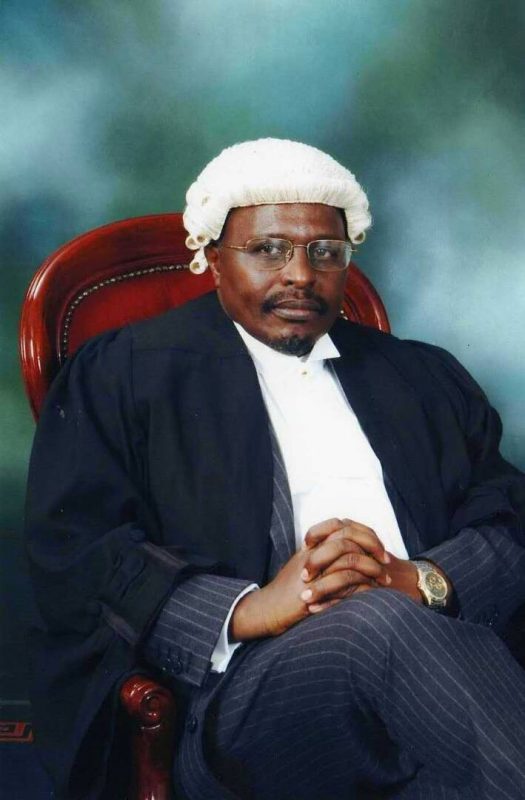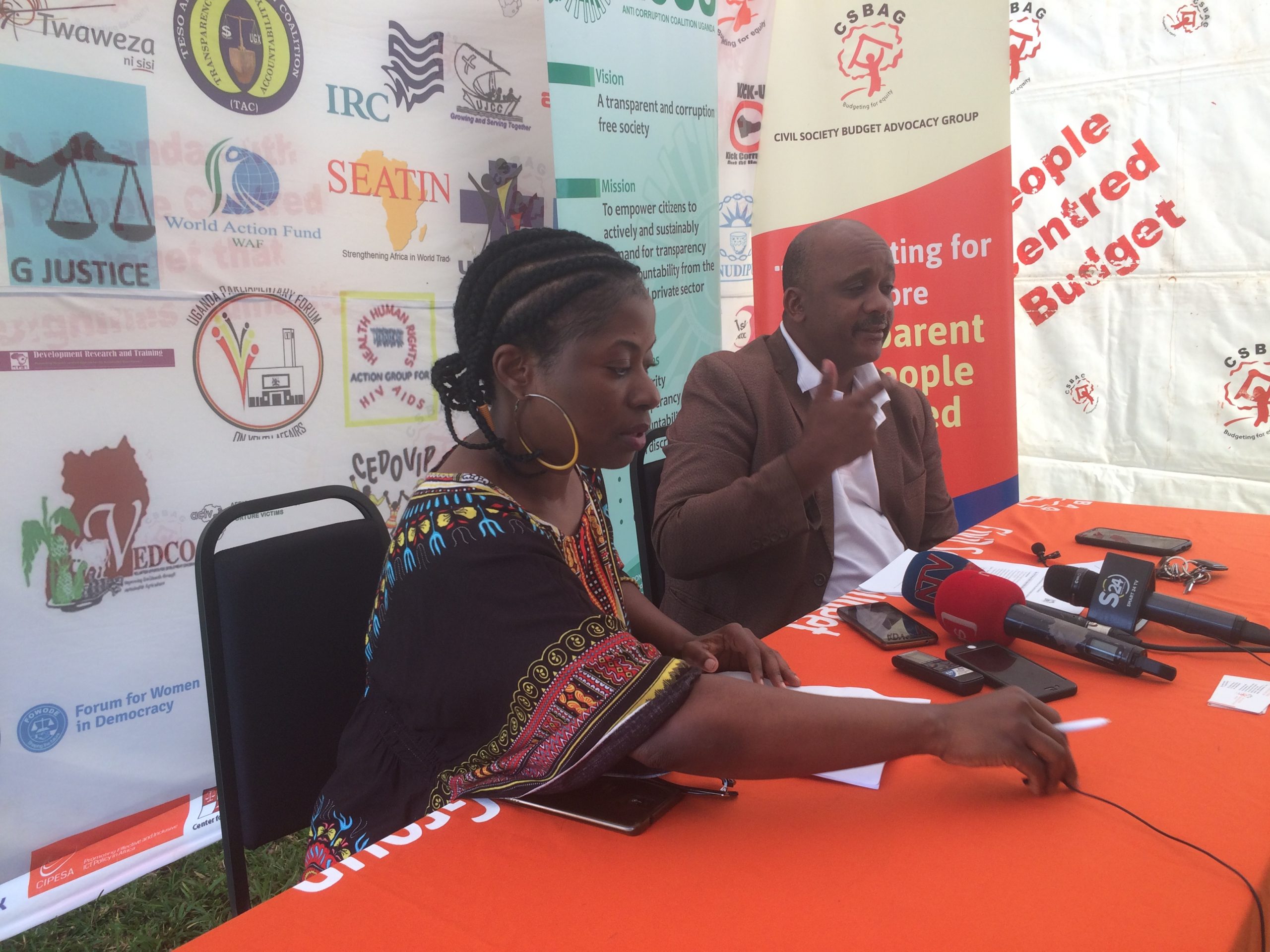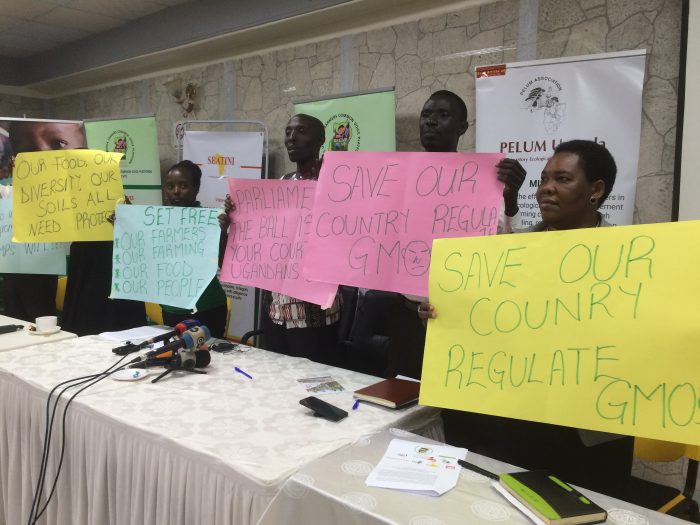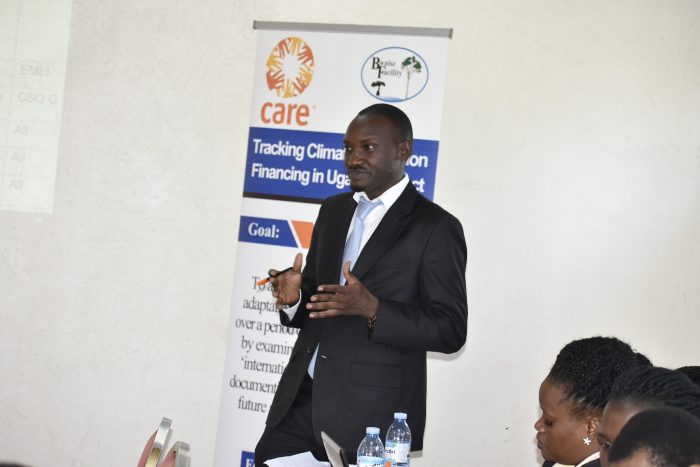By Our Reporter
The CEO World resource institute, Benson Ireri is worried about the huge numbers of people in the East African region still living without clean energy technologies saying this raises warning that the member states will not be able to attain SDG-7 by the year 2030.
Speaking at
the launch of the energy explorer, an App that identifies areas with high need
for clean energy, Benson says, the reality is that 840 million people globally still live without energy and out of
that 600 million is found in Sub
Saharan African (74%) and 82 million are in the three East
African countries (Kenya, Tanzania and Uganda).
Majority of
these people are found in rural areas of the countries and attributes this to
the failure by respective governments to prioritize investing in delivering
energy to the rural areas coupled with the scattered populations in the rural
areas.
However, the
senior associate and project manager, energy access explorer energy program
Dimitrios Mentis says, the new technology provides a data base that synthesizes
data both on the supply and demand and to reduce transaction on data selling
and takes into account energy planning tools.
Experts are
of the view that if these communities are not catered for expeditiously, then
the countries and globe are likely to face climate change impacts which will
result from them degrading the available eco-system.
Further this
will see the emergency of numerous disease which then will become a health
burden to the communities as well as the governments that take these
communities.
The recently
released UN report that seeks to track achievements of SDG-7 warns that if countries continue the way delivering energy to
people in the current state, by the year 2030,
there will be over 650 million people living without energy.
Reason being
that population growth is very much alarming and it recommends that more
strategies be implemented to see that vulnerable communities have access to
clean energy.
END














